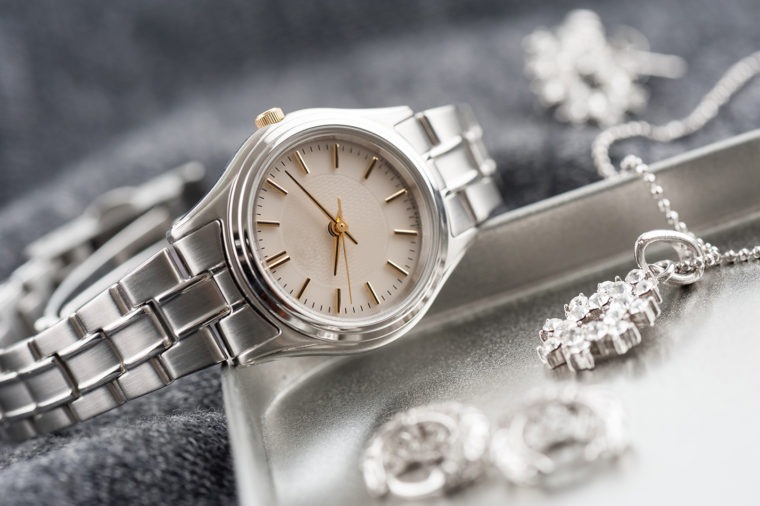Graduation, marriage, the birth of a child. All are significant life events that people want to remember as vividly as they can. We often mark these events with a purchase: either a celebratory experience or a material commemoration.
Recent research, included in journals such as Experimental Social Psychology and Psychological Science, has indicated a general consumer preference for experiences over material goods when it comes to giving and receiving gifts. But new findings from researchers at Washington University in St. Louis show that major life events might be the exception to that rule.
Across seven separate studies, Joseph Goodman and Selin Malkoc, both associate professors of marketing at the Olin Business School, found evidence indicating that consumers and marketers shouldn’t give up on material goods just yet. The researchers conclude that material goods, when purchased to mark an important life event, can provide a stronger connection to the event than an experience, the memories of which will naturally fade over time.

“We found that material things are better connected to that special event, while the experiences, over time, fade away and you lose the connection,” Malkoc said. “Thus, marking them with material purchases allow consumers to extract the most meaning out of these special life events.”
The researchers surveyed several groups of people about significant life events, including marriage. In that specific study, the group was asked to focus on both their wedding receptions and wedding rings. Goodman and Malkoc found that over time, the ring gained the advantage over the reception as its permanent nature strengthened the person’s original connection with the actual life event.
“Ahead of time, people do tend to prefer experiences,” Goodman said. “They think experiences are going to make them happier, they think that experiences are going to be more memorable, and they choose an experience over a material thing. So the intuition is there that experiences are going to be better.
“It was only when we got people to think about the permanence of the object or purchase that people start to prefer material things more when marking a major life event,” he said.
Another example: a graduation.

“You might have a trip to Europe after your graduation, but after time passes, the European trip and the graduation kind of get disconnected,” Goodman said. “They have their own separate memories. Whereas the watch that you got for your graduation has that very tightly connected meaning with the event.”
The researchers stress their findings don’t mean you should skip celebrations for stuff; rather, one should consider marking major life events with something permanent.
They also say bigger isn’t necessarily better. While the researchers controlled for the effect of cost in their studies, Goodman and Malkoc said that it is possible that making an over-the-top purchase to commemorate an event can stand out as its own memory and overshadow the original intent.
“If the purchase is so big and unique in its own way, it might actually not work as well,” Malkoc said. “If you went and bought a Tiffany ring for several thousands of dollars, then the ring may be meaningful in its own right and and its connection to the intended event could be weakened.”
The findings are forthcoming in the Journal of the Association for Consumer Research. Goodman and Malkoc are available for interviews and may be reached at goodman@wustl.edu and malkoc@wustl.edu.
